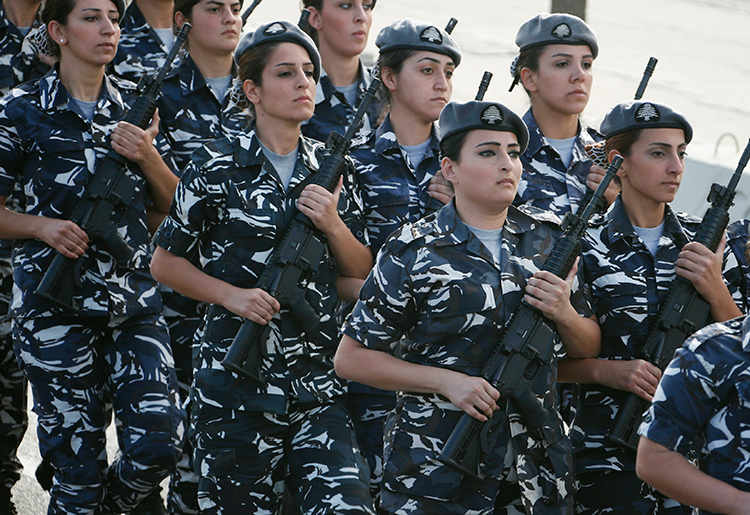Lebanese Internal Security Forces (ISF) Col. Nizar Bou Nasreddine on July 9, 2016, filed a lawsuit against Youmna Fawaz, a journalist for the Lebanese broadcaster Al-Jadeed, Tahseen Khayat, Al-Jadeed’s owner, and Al-Jadeed editor Mariam Bassam over the station’s broadcast in June and July 2016 of a report alleging corruption in the Lebanese Internal Security Forces, according to news reports, the Skeyes Center for Media and Cultural Freedom, and Fawaz.
News reports and the Skeyes Center said that Fawaz appeared before Investigative Judge Fadi al-Anaisi on June 1, 2017, to answer charges of defamation, slander, and of violating the Publication Law by violating the confidentiality of an open preliminary official investigation into allegations of embezzlement in the security service. Nasreddine’s lawyers requested that the court order the defendants to pay the colonel compensation of 30 million Lebanese pounds (U.S.$19,855), according to news reports and Fawaz.
Nasreddine’s name was mentioned, along with those of other senior ISF officials, in the first installment of four in an investigative report Al-Jadeed billed as “the full story of the diesel fuel scandal” that alleged embezzlement within the Lebanese Internal Security Forces. Nasreddine denied the allegations in the lawsuit.
Fawaz told CPJ that she did not publish any details or documents from the preliminary investigation in her report, but that a confidential source within the ISF provided her with documents on which she based her report.
“I mentioned Nasreddine’s name and rank, just like I did those of other people mentioned in the files I received, but I didn’t accuse him. I left the accusation to the judiciary. I was careful to document and double-check the information I received, and made sure I wasn’t violating the law,” she said. “As a journalist, I want to be free to report. At the hearing I was surprised, because no evidence was produced to support the allegations against me.”
CPJ could not reach Nasreddine directly, and the ISF did not respond to CPJ’s emailed request for comment.
